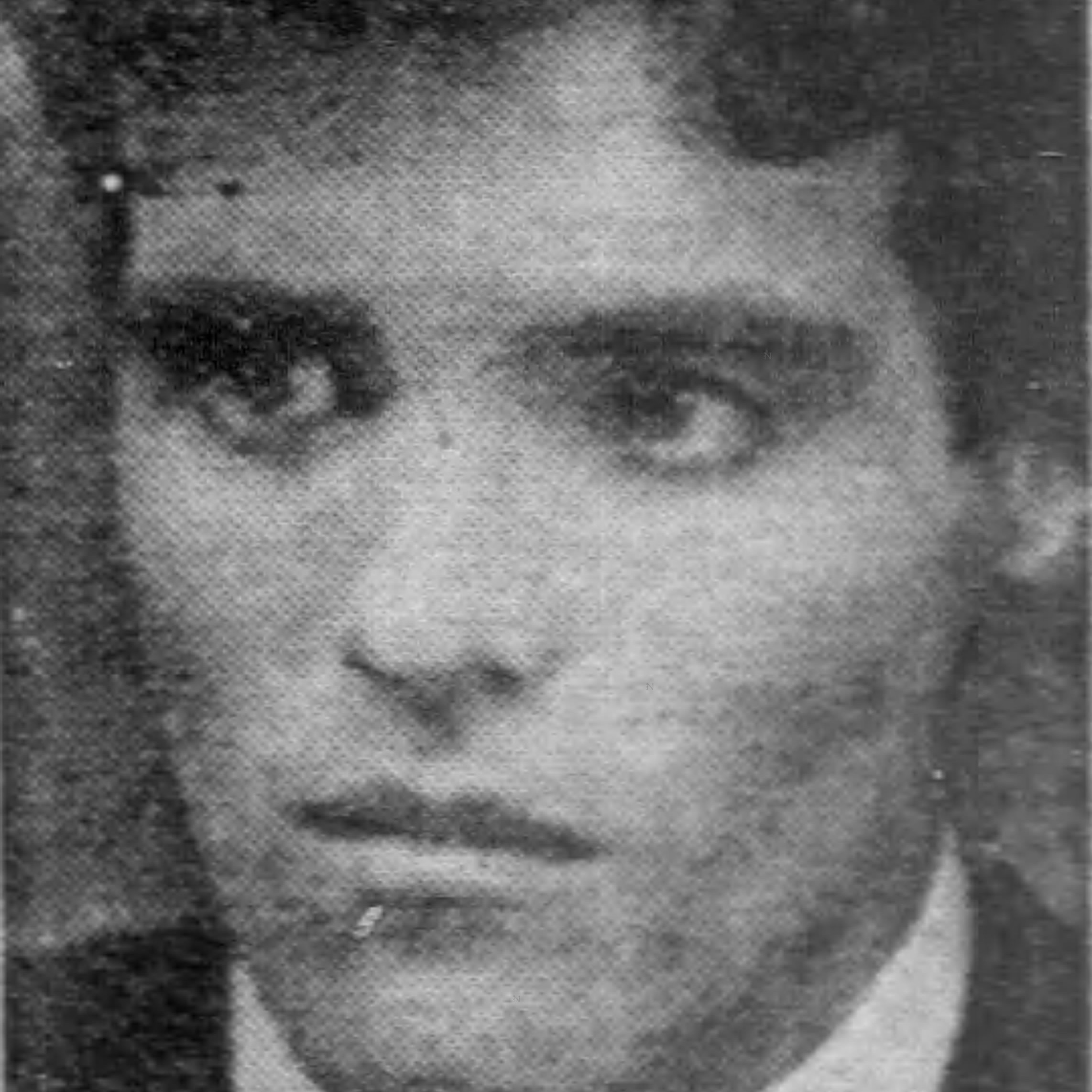 Franklin Beauchamp On August 1, 1984, the mother of a four-year-old girl at a Bronx day care center told the Bronx County District Attorney’s office that she had taken her child to a doctor who said the girl had been raped.
Detectives quickly began to question other parents of children at the Praca Day Care Center, operated by the Puerto Rican Association for Community Affairs. They heard complaints from a total of 10 children about being abused as many as five separate times. Some of the assaults allegedly took place in closets, others in view of other children and staff and some away from the three-story brick building that housed the center where 150 students and 21 teachers and aides were present daily.
The following day, police descended on the center and arrested Albert Algarin, 21, Herminia Albo, 60, and Jesus Torres, 29. Algarin, a teacher’s aide was charged with rape. Albo and Torres, both teachers, were charged with sexual abuse.
By the following week, 60 children had been interviewed and authorities said 18 of them reported being abused—all by the same defendants. The case was one of a wave of allegations of child sex abuse at day care centers across the nation that ultimately were shown to be the product of unreliable testimony from children produced by manipulative interviewing techniques by child welfare workers, therapists and law enforcement.
On September 20, Bronx County District Attorney Mario Merola announced the indictments of Torres, Algarin, and Franklin Beauchamp, 27, a teacher at the center, on more than 100 charges of rape, sodomy and sex abuse of children. The grand jury declined to indict Albo after she took and passed a polygraph examination at the request of her attorney and testified before the grand jury.
They were tried separately in 1985 and 1986.
Algarin went on trial in October 1985 and the girl who sparked the investigation testified via closed-circuit television that he had raped her. A medical expert testified that examinations of the victims revealed medical evidence pointing to sexual abuse. On December 8, 1985, he was convicted of 23 counts of the rape and sexual abuse of five children. On January 15, 1986, he was sentenced to 25 to 50 years in prison.
At Torres's trial, Deborah Saunders, a sex-abuse expert and pediatrician at Albert Einstein College of Medicine, testified based on her review of the medical records. She did not examine the children herself. She testified that one boy and one girl showed injuries “consistent” with sexual abuse. She said two other boys did not show signs of sexual abuse, but she claimed that statistics showed that only one in five sexually abused children show signs of abuse. Torres was convicted on March 19, 1986 of three counts of sodomy involving two boys and was sentenced to 25 to 40 years in prison.
At Beauchamp's trial, a doctor testified about an examination of a male victim. The doctor testified that there was a skin tag at the anal opening. She testified that this was consistent with increased friction in the area and with penetration by a male penis. She conceded that the tag was also consistent with constipation, but she said that this was rare. She further testified that skin tags in the rectum that were not caused by abuse were rare.
Medical records were introduced about a female victim, who was four or five and the time of the incidents. The records stated that she allowed an examination of her vagina “without a fuss” and that this was unusual for a child her age.
Beauchamp was convicted on June 5, 1986 of nine counts of rape, sodomy and sexual abuse involving two boys and a girl. He was sentenced to 25 to 75 years in prison.
On appeal, Beauchamp contended the testimony of the children was false and had been produced by improper interviewing techniques.
On May 9, 1989, the New York Court of Appeals set aside Beauchamp’s conviction. The court said that the indictment against Beauchamp was so vague, it was virtually impossible to prepare a defense.
“Thus defendant’s motion to dismiss should have been granted because the charges…were duplicitous,” the court said. On September 20, 1989, the charges were dismissed and he was released from prison.
In 1990, Torres's conviction was set aside by the trial court based on the decision in Beauchamp’s case, the charges were dismissed, and he was released.
Algarin’s conviction was overturned in October 1990 on the same basis and the charges were dismissed and he was released.
Algarin, Beauchamp and Torres weren't the only Bronx day care workers to be wrongly convicted during this time. In 1984, Rev. Nathaniel Grady, the chaplain for the Yonkers police department, had indicted on charges of abusing six children, ages three and four, over a period of several months in 1983 at the Westchester-Tremont Day Care Center in the Bronx, New York. He was convicted, sentenced to prison and his case was ultimately overturned.
Also in 1984, 21-year-old Alberto Ramos, a college student working as a teacher’s aide at the Concourse Day Care Center in New York City, was accused of raping a five-year-old girl at the center. He was convicted and sentenced to prison. His conviction was vacated and the case was dismissed in 1994.
In 1994, an investigation of sex abuse cases in New York City by CBS news raised questions about whether any of the abuse had happened and whether the allegations were the result of coercive and suggestive questioning the authorities. The CBS investigation revealed that each of the children had been questioned more than 80 times before trial. At one point, one of the children identified the trial judge as his molester.
– Maurice Possley
|